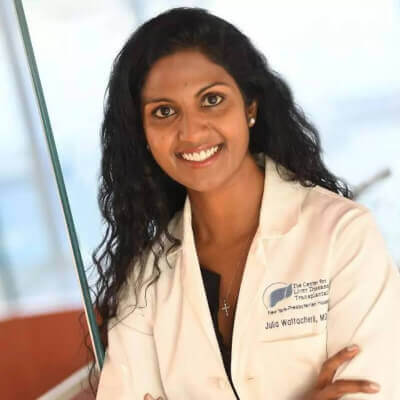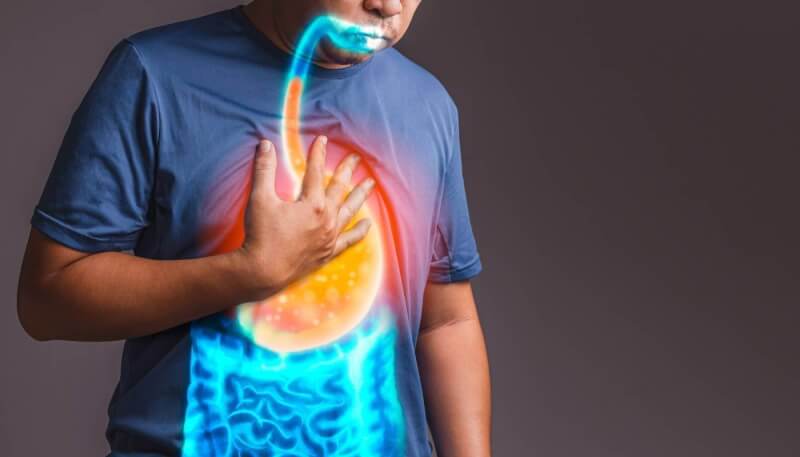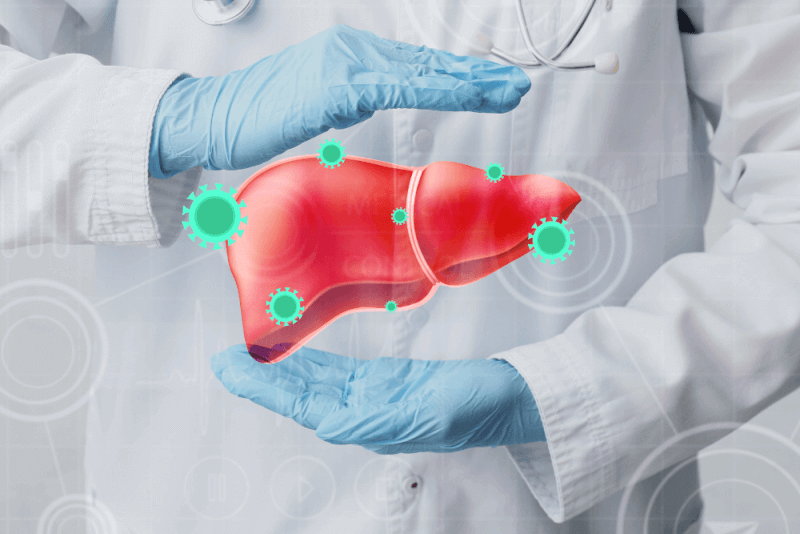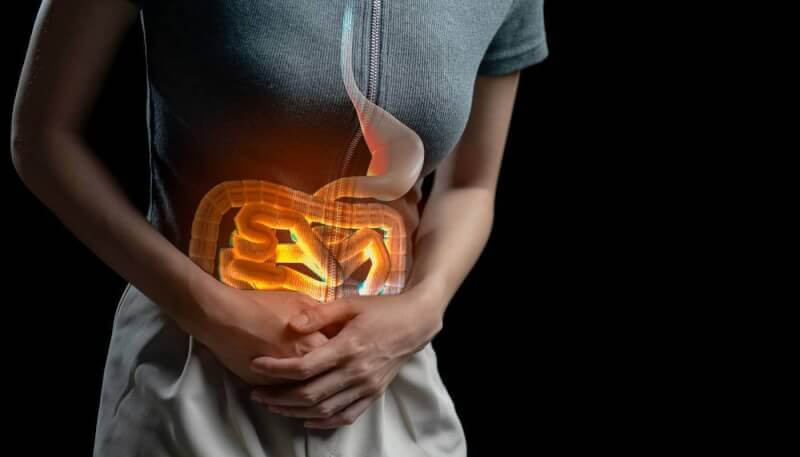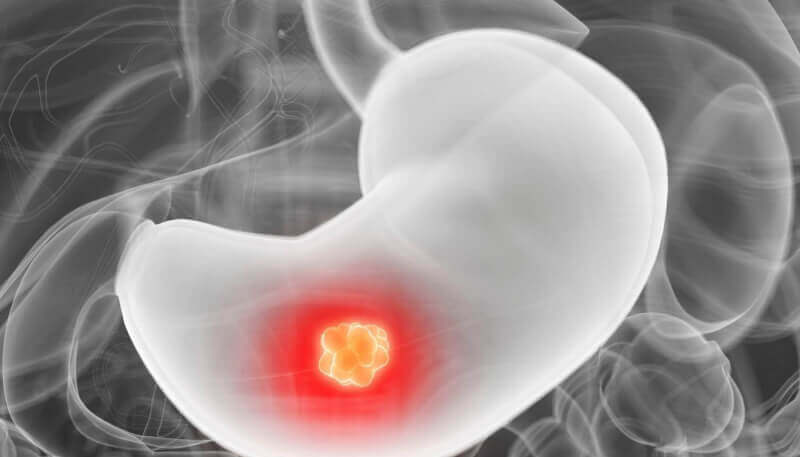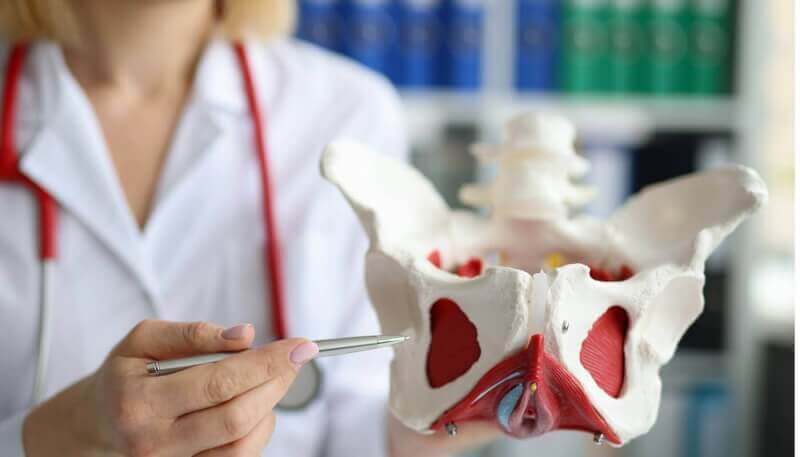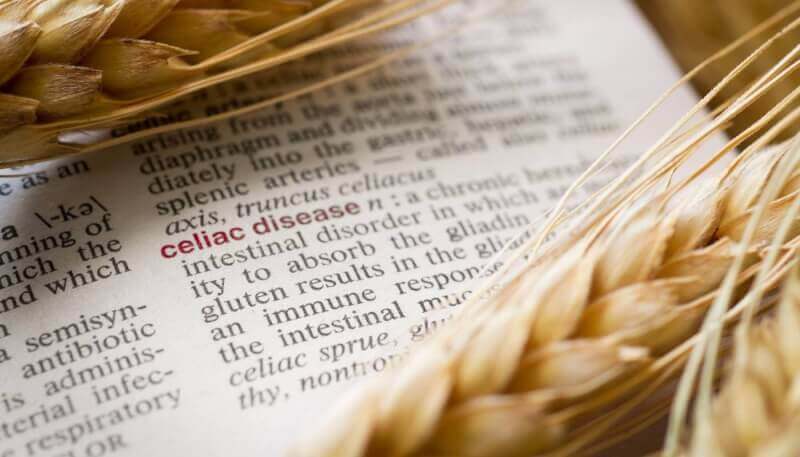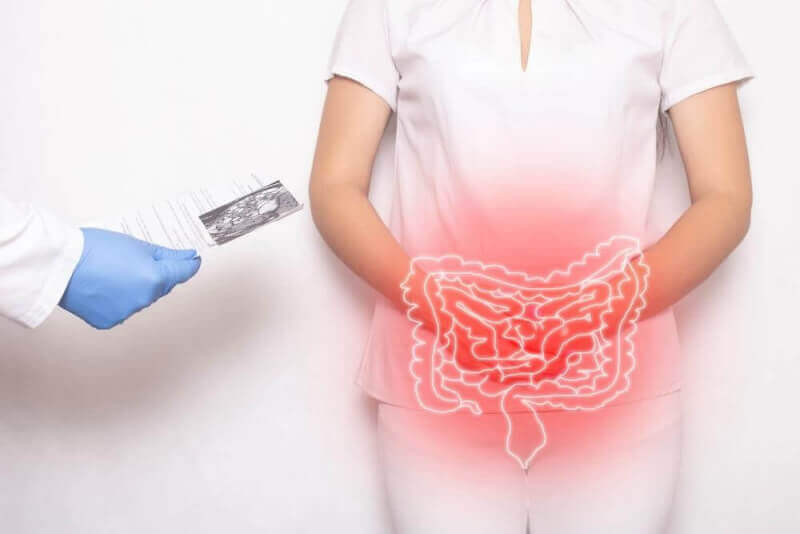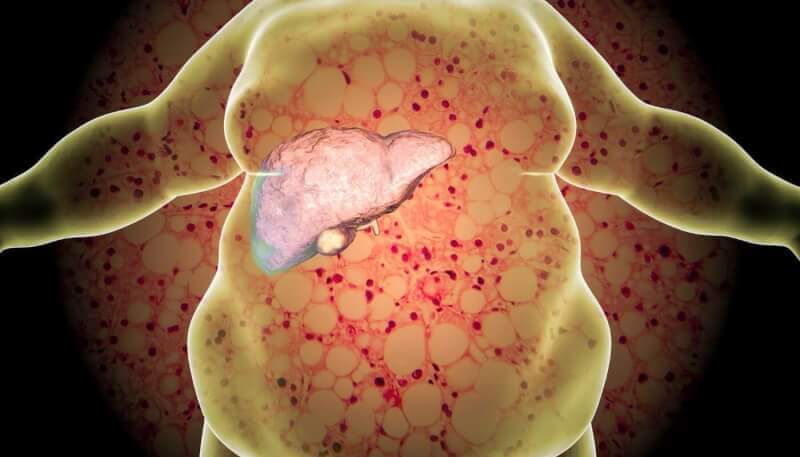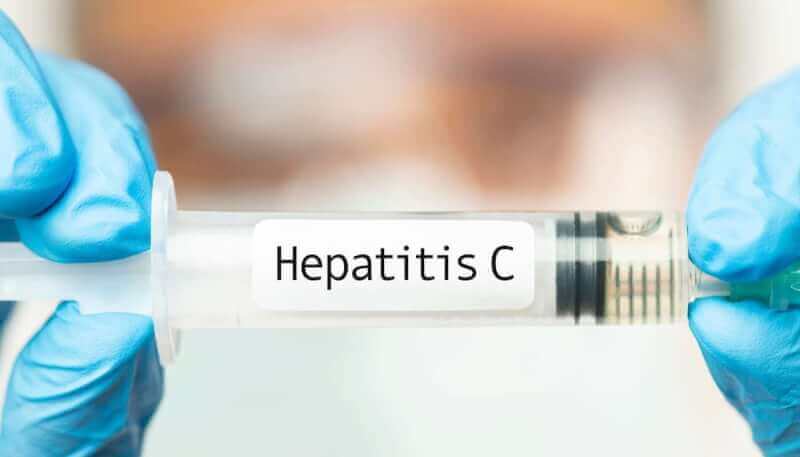What is gastroenterology?
Gastroentology department is basically the department that examines the intra-abdominal organs, diagnoses and treats diseases in these organs. These organs, called the digestive tract, include the esophagus, stomach, small intestine, large intestine and rectum. In addition, the gastroenterology department deals with liver diseases, diseases of the gallbladder and duct, and pancreatic diseases. Kidneys are among the organs located in the abdomen. However, the gastroenterology department deals with the kidneys.
What are the conditions related to gastroenterology?
The gastroenterology department deals with many different health problems. Gastroenterologists who help with complaints about reflux, which is frequently seen in the society, examine large intestine disorders with colonoscopy. In addition, gastroenterologists are in charge of repairing injuries caused by objects or harmful substances that enter the esophagus, as well as treating gastritis and ulcers. Since the Gastroenterology department deals with all organs in the abdomen, it is responsible for the diagnosis and treatment of many different diseases.
What diseases do gastroenterologists deal with?
When it comes to gastroenterology, there are many different diseases that are diagnosed and treated. Some of these diseases are rare, while others are common in the community. The most common gastroenterology diseases in the community include the following.
Gastrointestinal tract diseases
When it comes to the gastrointestinal system, there are diseases that manifest themselves with symptoms such as esophageal diseases, difficulty swallowing, heartburn and bad breath. Gastroenterologists diagnose and treat serious and life-threatening diseases such as bleeding in the esophagus, injuries caused by foreign bodies or irritants, and esophageal cancer.
Stomach diseases
Stomach diseases, which are among the most common diseases in the society, can be very diverse. Gastroenterologists also deal with diseases in the stomach, which is in constant activity. Among stomach diseases that manifest themselves with characteristic symptoms such as heartburn and abdominal pain, the most common diseases are stomach hernia, ulcer, gastritis, gastritis, reflux and stomach cancer. Gastroenterologists are also responsible for the diagnosis and treatment of these diseases.
Colon diseases
Diseases that occur when the intestine is functionally impaired are called colon diseases. Among the different types of colon diseases, the most common diseases include hemorrhoids, constipation, anal figures, irritable bowel syndrome, abscesses and colon cancers. Colonoscopy is often used to diagnose colon diseases. Gastroenterologists dealing with colon diseases use justified treatment methods.
Rectal diseases
Another group of diseases frequently seen in the society are rectal diseases. In addition to hemorrhoids and bleeding due to hemorrhoids, problems such as anal itching, rectal cracking, abscesses and anal fissures are frequently encountered.
Liver, bile and pancreas diseases
A significant proportion of patients admitted to the gastroenterology department are patients with liver problems. The most common liver diseases that are extremely dangerous include liver abscesses, portal hypertension, liver cirrhosis, benign liver tumors, liver cancer, hydatid cysts, hepatitis a, hepatitis b, hepatitis c and hepatitis d.
The biliary diseases that the gastroenterology department deals with are diseases that develop in connection with the pancreas and liver. The most common biliary diseases include gallbladder polyps, gallstones, biliary tract injuries, gallbladder inflammation, gallbladder tumors and biliary strictures.
Pancreatic diseases are among the diseases that the gastroenterology department deals with. Diseases seen in the pancreas, which is responsible for their production, which is important for the body to maintain its basic functions, include diseases such as acute pancreas, pancreatic cancer and chronic pancreas.
In which cases should you consult a gastroenterologist?
Gastroentology is a department that is responsible for the diagnosis and treatment of many different diseases. For this reason, many different symptoms seen in patients refer them to the gastroenterology department. The most characteristic of these symptoms are burning in the abdomen, bitter water in the mouth, heartburn, stomach pain and nausea. In addition, symptoms such as difficulty swallowing, black stools, anemia, rectal bleeding, hiccups, constipation and jaundice also cause patients to be referred to the gastroenterology department.
Tests performed in the gastroenterology department
There are many different tests in the gastroenterology department for the diagnosis of diseases. However, some tests are included in the special tests that the gastroenterology department especially uses. These include endoscopy, colonoscopy, ERCP and MRCP.
Colonoscopy
Colonoscopy is a tubular device with a camera at the end that is used to diagnose diseases in the intestine. In this examination, which is accessed through the anus, it is possible to visualize the large intestine as well as the parts of the small intestine adjacent to the large intestine. Various medications and diets are used to completely cleanse the large intestine before the examination.
Endoscopy
Endoscopy is an examination method used to diagnose diseases in the esophagus, the area where the esophagus meets the stomach and the stomach. Since the camera used in endoscopy has a high resolution, the organs in this region can be visualized in detail.
ERCP
ERCP, another endoscopic imaging method, is a method used in the diagnosis and treatment of diseases in the pancreas and bile ducts. With the device specially designed for ERCP, the bile ducts opening the duodenum can be examined. In addition, it is also possible to treat diseases in the bile and pancreatic ducts with ERCP.
MRCP
In the MRCP method, the gallbladder and pancreatic ducts are visualized with an MR device. ERCP is used in the treatment of diseases discovered by MRCP, which is a method used only for diagnostic purposes.







